Reverse Mortgage Misconceptions
I could lose my home.
With a reverse mortgage you retain ownership of your home and control of the title. You can remain in your home as long as you wish and cannot be evicted or forced to sell.
The lender will own my home.
The fact is that you retain title and ownership to your home, and can choose to sell your home anytime you wish. The lender cannot force you from your home or foreclose on you as long as you maintain your home and pay your property taxes and homeowners insurance.
My children or heirs will be responsible for the repayment of the loan.
A reverse mortgage is a non-recourse loan, which means that your house stands alone for the debt. The lender can only derive repayment of the loan from the sale or refinance proceeds of the home. You or your estate can never owe more than the home's value at the time the loan is repaid.
I must own my home free and clear in order to qualify for a reverse mortgage.
Not true. If you have a balance on a mortgage or home equity loan, a portion of the proceeds from the reverse mortgage will be used to pay off your existing loan, thereby eliminating your current house payment. You are then free to do whatever you wish with the remaining funds available to you from the reverse mortgage.
I must have good credit and income to qualify for a reverse mortgage.
Your credit or income is not even a consideration when applying for a reverse mortgage.
Only the "cash poor" or desperate seniors that failed to plan for retirement get reverse mortgages.
Although some seniors may have a greater need than others for the cash or monthly income, reverse mortgages have become a popular financial planning and estate-planning tool. Long term health care insurance and in home health care are popular uses for reverse mortgage proceeds. A growing number of
people who have no immediate need are taking out these loans so that they have a financial cushion for future expenses.
By getting a reverse mortgage I would be living off of borrowed money.
The money from a reverse mortgage is already your money. It's just that it's trapped in your home and not accessible to you unless you take out some type of mortgage. All other mortgages, except a reverse mortgage, require you to make payments back to the lender. But with a reverse mortgage you make no
payments because no payments are required. You do not repay the loan for as long as you choose to live in your home. You are simply accessing money that is already yours through a safe government insured program. And best of all it is TAX-FREE.
When a reverse mortgage comes due, the bank sells my home.
Not true. At the time the last borrower permanently leaves the home the loan must be repaid. At that time, you or your heirs can either pay the balance due on the reverse mortgage, through a traditional refinance or from other assets and keep the home, or sell the home and use the proceeds to pay off the reverse mortgage.
The Reverse Mortgage will impact my Social Security or Medicare.
Not true. Reverse mortgage proceeds do NOT affect any other benefits except perhaps MediCal. However, if your payout options are structured properly, even MediCal will not be affected.
A Reverse Mortgage is expensive.
While a reverse mortgage generally costs more than a conventional loan, it is much less expensive

